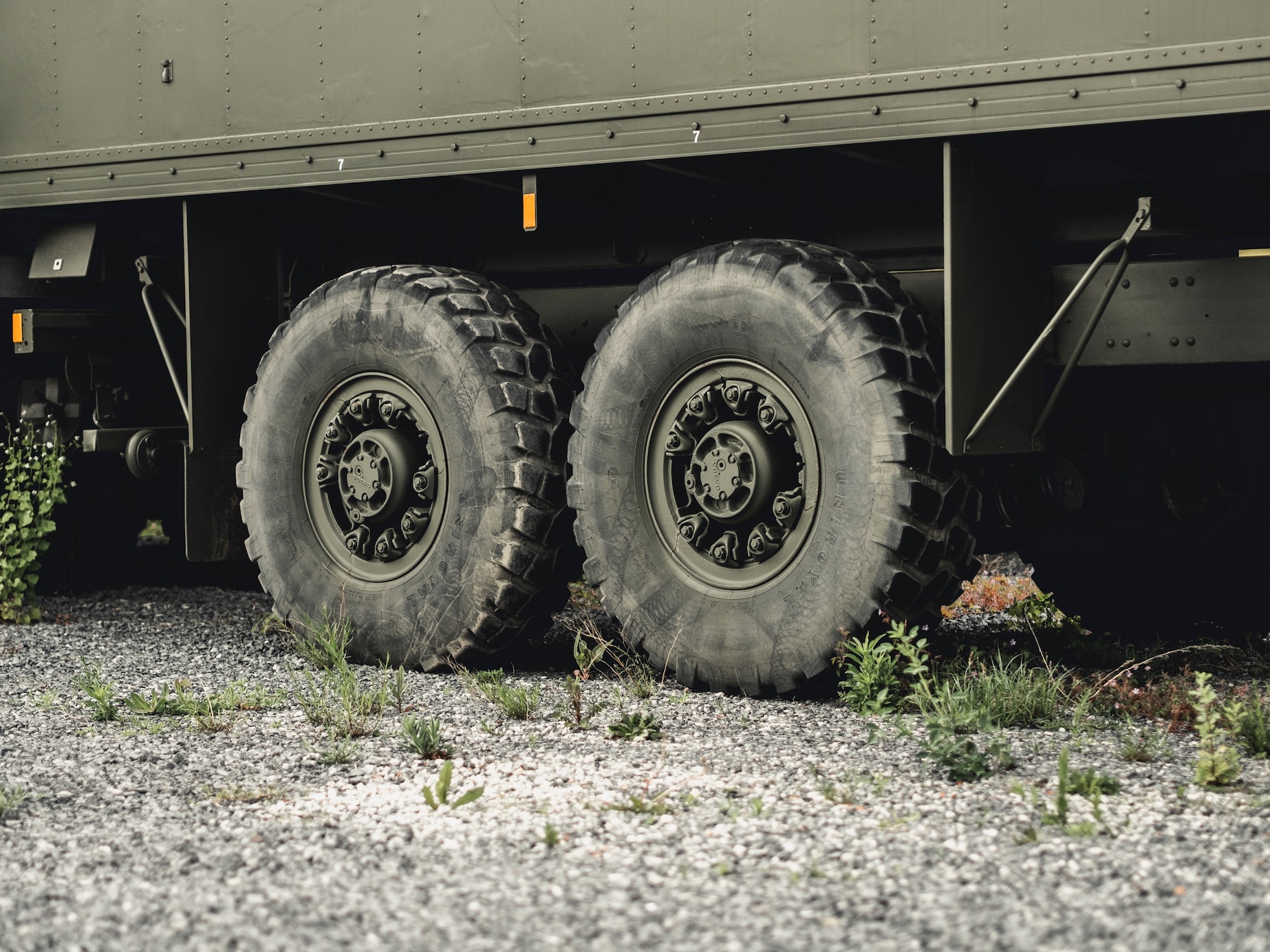When a truck tire breaks apart, tire debris can become a deadly projectile thrown through the air landing on vehicles, or causing dangerous conditions once it lands on the highway itself.
Tractor trailer drivers and other roadway motorists realize the increased dangers of big rigs based on their increased size, weight and stopping distance, to name a few points that are focused on by trucking industry regulators. Due to the increased load and weight on trucks, braking ability may be compromised in emergent situations, and heavy load bearing can damage tires, leading to flying tire debris accidents. Truck accident victims should consult with experienced truck accident attorneys in Indiana before accepting any insurance settlement offers.
Truck regulations and maintenance
Indiana has adopted the following Federal Motor Carrier Safety Regulations as Indiana law regarding Trucks. A commercial motor vehicle (CMV) is any self-propelled or towed motor vehicle used on a highway in interstate and/or intrastate commerce to transport property when the vehicle:
- Has a gross vehicular weight rating (GVWR), gross combination weight rating (CGVWR), gross vehicle weight, or gross combination weight of 4,536 kg (10,001 lbs.) or more, whichever is greater; or
- Is used in transporting material found by the Secretary of Transportation to be hazardous and transported in a quantity that requires a placard.
- Every truck, truck tractor, and vehicle driven in a tow-away operation greater than 10,000 lbs. GVWR/CGVWR must be equipped with: a) a fire extinguisher, b) extra fuses, and c) emergency warning devices for stopped vehicles or emergency reflected triangles.
Talk to Evansville truck accident lawyers to ascertain the possibility that safety measures, including spot checking equipment before the trip, were not undertaken by a big rig driver. The equipment that must be checked before trips includes:
- service brakes, including trailer-brake connections.
- Parking brakes.
- Lighting devices and reflectors.
- Steering mechanisms.
- Horn.
- Tires.
- Windshield wipers.
- Coupling devices.
- Wheels and rims.
- Rear mirror.
- Emergency notification markers and equipment.
Loose tire injuries

When a truck tire breaks apart, tire debris can become a deadly projectile thrown through the air landing on vehicles, or causing dangerous conditions once it lands on the highway itself. Flying tire parts can smash windshields, and debris on roadway can make a dangerous condition, both cases may cause drivers to swerve and lose control of their vehicles.
Conditions that may cause a truck tire to break or come loose include:
- Under-inflation – When there is not enough air in a tire, the tire can become too hot. This causes the blowout.
- Tread burn – This means that the tread on a tire is burnt or used up. When this happens, friction with the road can cause a tire to overheat and break apart.
- Tread separation – Even a tire that appears to be in good condition can blow out due to tread separation. This occurs when the metal and rubber inside a tire become disconnected from each other, causing the tire to break apart and scatter over the roadway.
- Spare tire – Since trucks go through tires so often, it is possible that a truck will be riding on a spare tire. If a spare tire is too old, it could be rotten, leading the tire to break apart and causing you to suffer an injury.
- Problems with the wheel or rim can also lead a tire to come loose or blow out.
Liability for wheel separation accidents
There are multiple possible defendants when a truck wheel or truck tire causes an injury on the roads of Indiana and those parties include a:
- Truck driver who failed to inspect, or maintain tires,
- Truck owner responsible for wheel and tire maintenance, or failure to replace worn tires,
- Tire manufacturer liable for a product defect.
Seek legal counsel
In a case where an injury, damages, and/or loss of life occurred, an accident victim will need to hire an experienced personal injury attorney, familiar with trucking industry laws. Legal counsel can guide victims in their mission to retrieve comprehensive damages for any losses resulting from a flying tire accident in Indiana.
Sources:
https://www.nhtsa.gov/research-data/fatality-analysis-reporting-system-fars
https://www.in.gov/indot/2469.htm


Join the conversation!